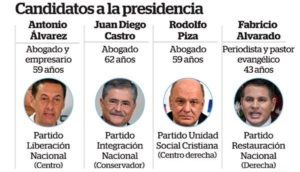
In the varied offer of the elections in Costa Rica, which are held next Sunday, 13 candidates contest the presidency, although four of them appear with options to reach the second round, according to opinion polls. If no candidate reaches at least 40 percent of the vote, there will be a second round between the two most voted on April 1.
The following are the profiles of the four presidential candidates that appear better positioned in the surveys released in recent weeks, and that have options to contest the second round.
Fabricio Alvarado
During his preaching in Pentecostal churches, Fabricio Alvarado remembers his past as a “sinner”.
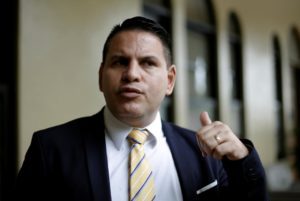
Years later, this 43-year-old journalist, married and with two daughters, left Catholicism, abandoned his career as a reporter on a television channel and reinvented himself as an evangelical preacher. He ventured into politics with the Evangelical National Restoration party, for which he was elected deputy in 2014.
He ran for president in the 2018 elections. However, everything changed after the Inter-American Court of Human Rights (CorteIDH) issued an opinion in favor of homosexual marriage on January 9, a decision binding on Costa Rica. Several presidential candidates spoke out against the decision, but Alvarado took an additional step: he announced that he would withdraw the country from that international tribunal.
His announcement triggered his position in the polls of intention to vote, with options to win the contest.
Antonio Álvarez Desanti
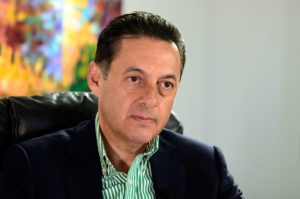
With a past as Minister of Government and Agriculture and two terms as deputy, Antonio Álvarez Desanti is the presidential candidate with the most political experience in the elections.
A member since his youth of the National Liberation Party (PLN), the most traditional in the country, Álvarez, 59, has focused his campaign on his experience as a political leader and as an entrepreneur.
Lawyer, married and with two daughters and a granddaughter, Álvarez has been criticized for his willingness to change his position, and even party, when it is convenient. In the 2006 elections, he broke with the PLN, which he accused of being corrupt, and launched an independent presidential candidacy that failed at the polls. Shortly after he returned to the PLN.
Juan Diego Castro
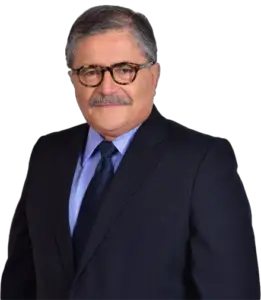
Criminal lawyer, Juan Diego Castro, 62, is presented to the electorate as an ‘outsider’ of politics, although he served as Minister of Security and Justice in the period 1994-1998.
It is nominated by the tiny National Integration Party.
As Minister of Security, he demonstrated his authoritarian style when he sent a police contingent to surround the Legislative Assembly (Congress) after it approved a smaller budget than he had requested. This action motivated a vote of no confidence against him.
In the current campaign, he has maintained a constant confrontation with the media, particularly the newspaper La Nación, and has blocked the communicators who criticize him from his Twitter account.
Rodolfo Piza
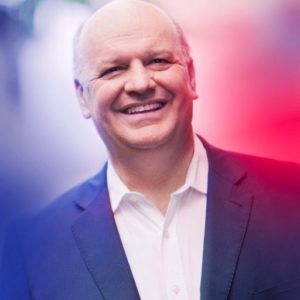
The lawyer Rodolfo Piza aroused the enthusiasm of the followers of his Christian Social Unity Party (PUSC) to return to the presidency for the first time since in 2004 two former presidents of that group were imprisoned for two corruption scandals.
Son of the Supreme Court justice Rodolfo Piza Escalante, the PUSC candidate, 59, has held few public offices.
He was president of the Costa Rican Social Security Fund, and in 2012 he joined a board of notables on democratic governance.
Married and with three children, Piza ran for the first time as the presidential candidate of the PUSC for the 2014 elections but lost the primaries.
